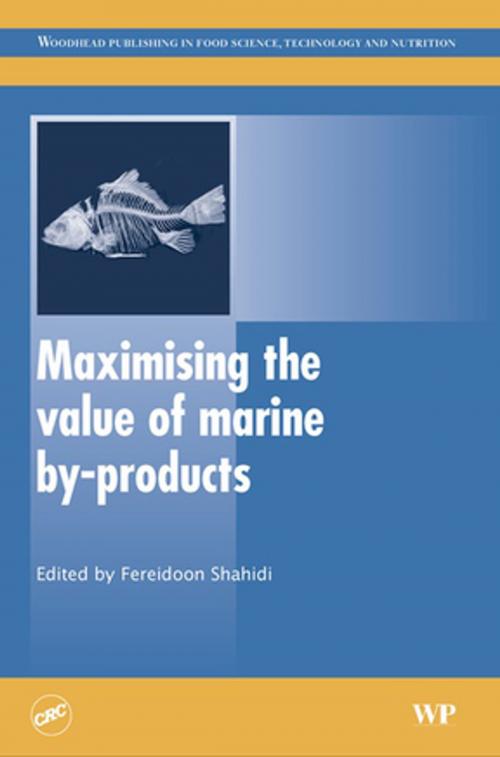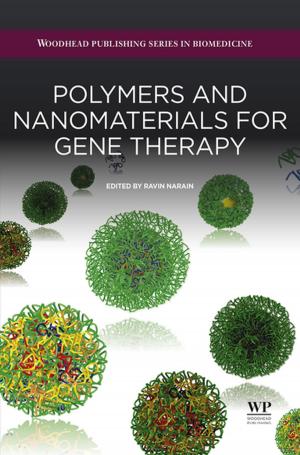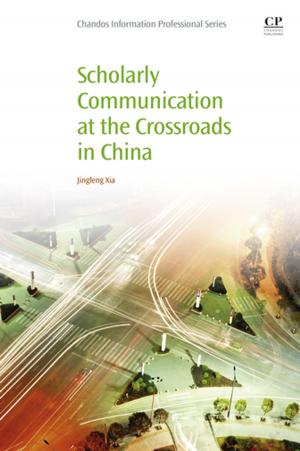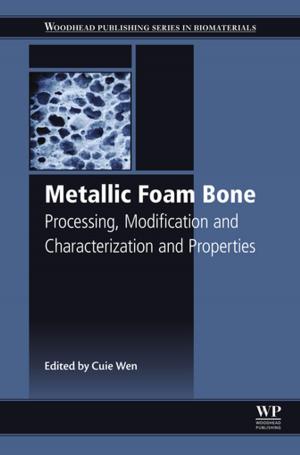Maximising the Value of Marine By-Products
Nonfiction, Science & Nature, Technology, Food Industry & Science| Author: | ISBN: | 9781845692087 | |
| Publisher: | Elsevier Science | Publication: | November 30, 2006 |
| Imprint: | Woodhead Publishing | Language: | English |
| Author: | |
| ISBN: | 9781845692087 |
| Publisher: | Elsevier Science |
| Publication: | November 30, 2006 |
| Imprint: | Woodhead Publishing |
| Language: | English |
Despite declining stocks, a major portion of the harvest of fish and marine invertebrates is discarded or used for the production of low value fish meal and fish oil. Marine by-products, though, contain valuable protein and lipid fractions as well as vitamins, minerals and other bioactive compounds which are beneficial to human health. Devising strategies for the full utilization of the catch and processing of discards for production of novel products is therefore a matter of importance for both the fishing industry and food processors. Maximising the value of marine by-products provides a complete review of the characterisation, recovery, processing and applications of marine-by products.
Part one summarises the physical and chemical properties of marine proteins and lipids and assesses methods for their extraction and recovery. Part two examines the various applications of by-products in the food industry, including health-promoting ingredients such as marine oils and calcium, as well as enzymes, antioxidants, flavourings and pigments. The final part of the book discusses the utilization of marine by-products in diverse areas such as agriculture, medicine and energy production.
With its distinguished editor and international team of authors, Maximising the value of marine by-products is an invaluable reference for all those involved in the valorisation of seafood by-products.
- Learn how to devise strategies for the full utilisation of the catch
- Understand the importance of marine by-products to human health
- Explores the use of marine by-products in diverse areas such as agriculture, medicine and energy production
Despite declining stocks, a major portion of the harvest of fish and marine invertebrates is discarded or used for the production of low value fish meal and fish oil. Marine by-products, though, contain valuable protein and lipid fractions as well as vitamins, minerals and other bioactive compounds which are beneficial to human health. Devising strategies for the full utilization of the catch and processing of discards for production of novel products is therefore a matter of importance for both the fishing industry and food processors. Maximising the value of marine by-products provides a complete review of the characterisation, recovery, processing and applications of marine-by products.
Part one summarises the physical and chemical properties of marine proteins and lipids and assesses methods for their extraction and recovery. Part two examines the various applications of by-products in the food industry, including health-promoting ingredients such as marine oils and calcium, as well as enzymes, antioxidants, flavourings and pigments. The final part of the book discusses the utilization of marine by-products in diverse areas such as agriculture, medicine and energy production.
With its distinguished editor and international team of authors, Maximising the value of marine by-products is an invaluable reference for all those involved in the valorisation of seafood by-products.
- Learn how to devise strategies for the full utilisation of the catch
- Understand the importance of marine by-products to human health
- Explores the use of marine by-products in diverse areas such as agriculture, medicine and energy production















